
Fueling the future: The global, North American, and local impact of the LNG revolution
Rahul Verma and Brian Betti explore how cleaner-burning gas is changing the energy landscape.

How does the first ‘global stocktake’ impact your organization’s sustainability strategy?
Is sustainability culture the key to beating the climate change clock?
Construction Energy Infrastructure Manufacturing Technology Sustainability Sustainability Transformation

Innovative solutions for a global safety culture strategy
How multinational organizations leverage technology to navigate risks and create alignment.
Construction Energy Infrastructure Manufacturing Technology Digital High-Performance Projects™ Incident and Injury-Free™ (IIF™) Safety Safety Transformation

Happy new culture: How technology and innovation will drive transformation strategies in 2024
JMJ explores how organizations are innovating to actively cultivate safer, more supportive work environments.
Construction Energy Infrastructure Manufacturing Technology Digital High-Performance Projects™ Incident and Injury-Free™ (IIF™) Safety Safety Transformation

Creating a psychologically safe workplace: Why it matters and how leaders can drive change
Once considered as a 'nice-to-have', psychological safety is now gaining traction among leaders who recognize its impact in ensuring the safety, sustainability, and performance of an organization.
Construction Energy Infrastructure Manufacturing Technology Digital Performance Safety
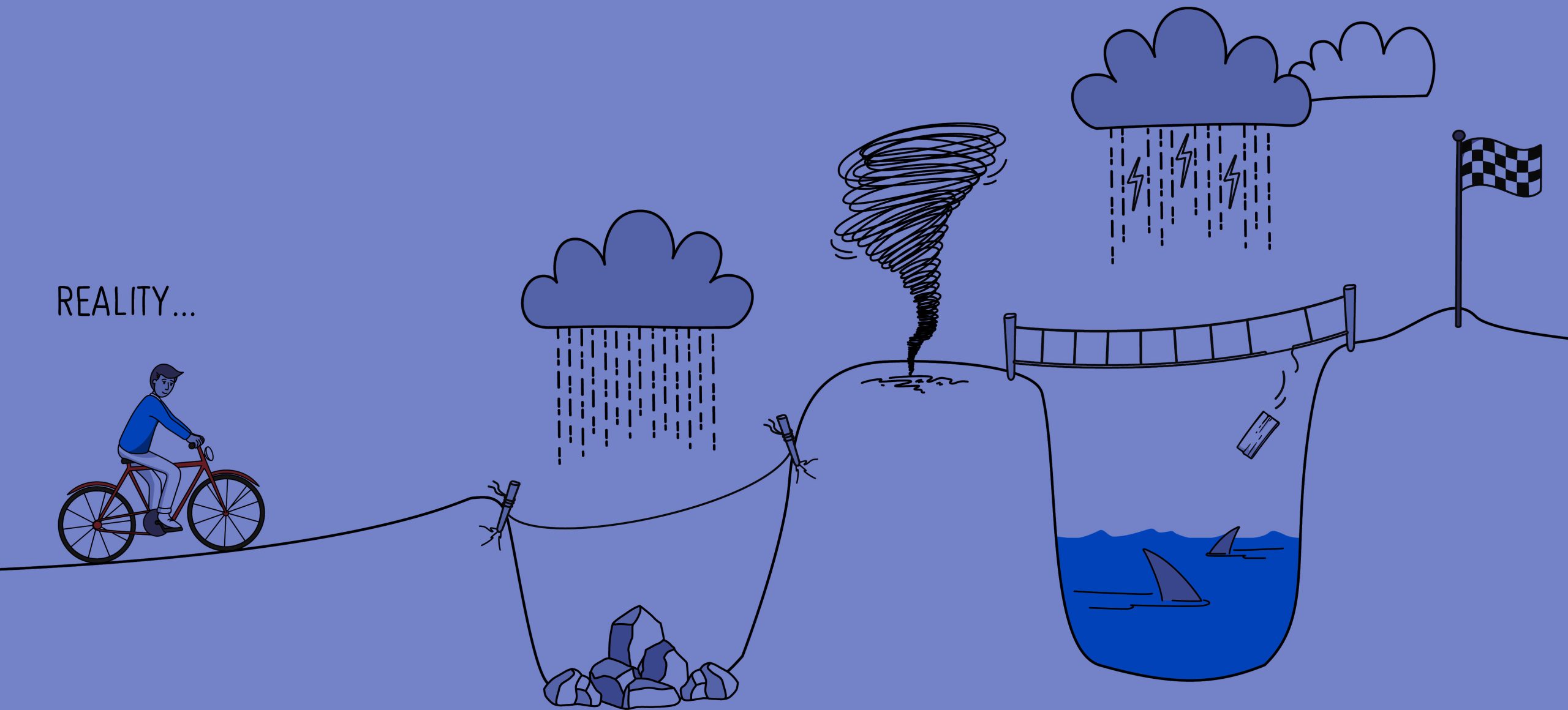
The secret to building a high-performance culture: Proactive problem solving
By accepting the inevitability of breakdown, leaders open the door to innovative problem solving and successful resolutions.
Construction Energy Infrastructure Manufacturing Technology Performance Safety

The intersection of culture and safety in fleet operations: Strategies for driving positive change
In their second blog focusing on fleet management safety challenges, Rick Cates, CDS, CDT, and Alex Galor consider some of the key technologies that are helping leaders and drivers navigate the intricate intersection of culture and safety within fleet operations.
Construction Energy Infrastructure Manufacturing Technology IIF Fleet Incident and Injury-Free™ (IIF™) Safety Safety Transformation

Leading indicators: Strategies for safety and success without searching for a silver bullet!
Four senior safety managers answer the question, "What are the best leading indicators for safety?"
Construction Energy Infrastructure Manufacturing Technology High-Performance Projects™ Performance Performance Transformation

Creating a safety-first culture in fleet management: Four steps to fleet safety success
JMJ's Rick Cates, CDS CDT, and Alex Galor, explore the key steps organizations can take to create a strong IIF™ safety culture in fleet management.
Construction Energy Infrastructure Manufacturing Technology IIF Fleet Incident and Injury-Free™ (IIF™) Safety Safety Transformation

Is organizational culture the key to improving employee engagement in your food and beverage business?
Why investing in the well-being and satisfaction of employees should be a top priority for leaders.
Manufacturing Performance Performance Transformation Safety Sustainability

Engineering a high-performance culture: A data-driven approach
How cultural analytics is changing our definition of culture.
Construction Energy Infrastructure Manufacturing Technology Digital Performance Performance Transformation

Starting Strong and Staying Strong for major capital project success
Major capital projects around the world are bringing key companies and players together to Start Strong.
Construction Energy Infrastructure Manufacturing Technology High-Performance Projects™ Performance Performance Transformation

Contrasting approaches to quality and safety in two major capital projects
Two projects with a lot in common and some notable differences.
Construction Energy Infrastructure Manufacturing Technology High-Performance Projects™ Performance Performance Transformation
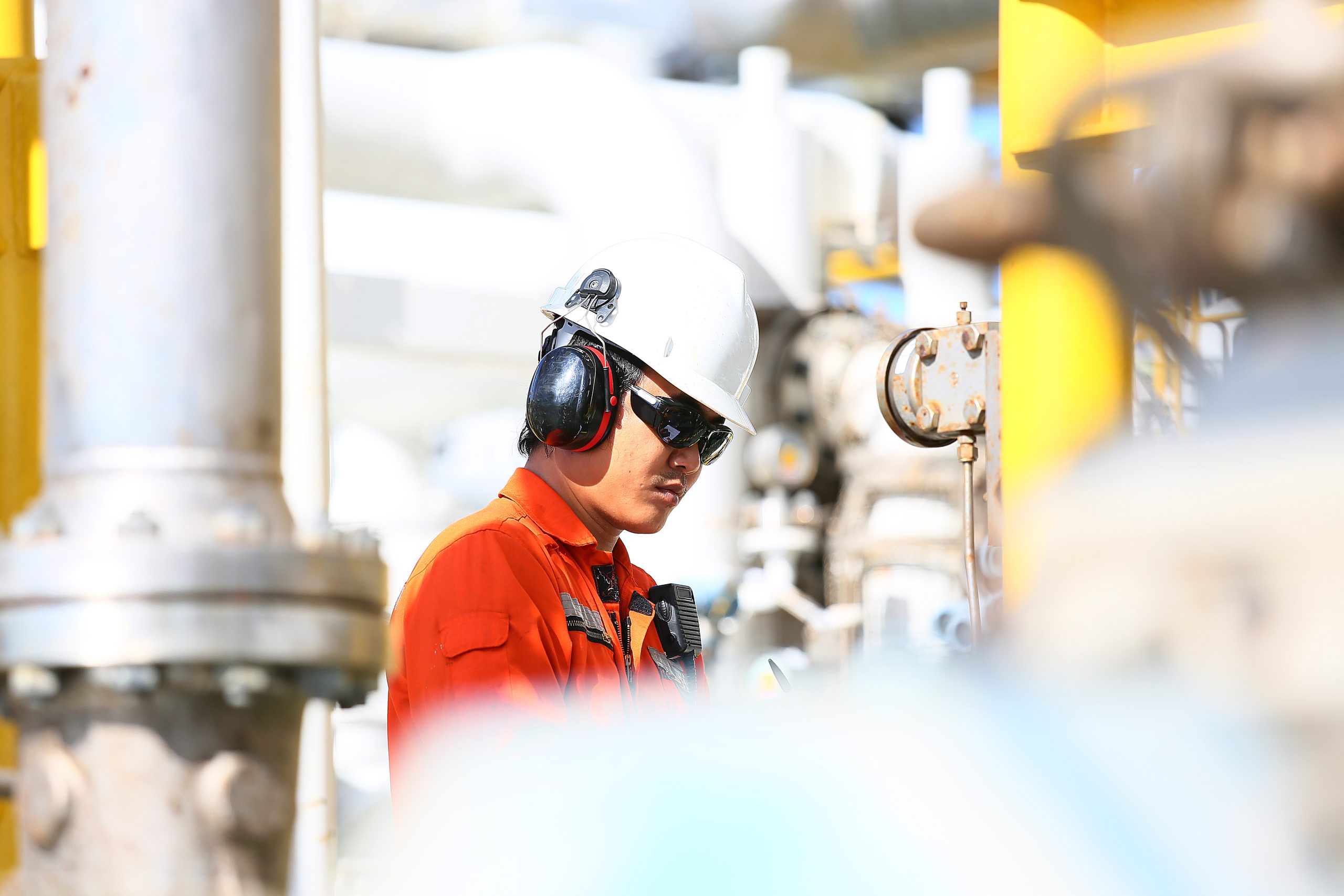
18 years on: Lessons learned from the Texas City refinery disaster
Why learning must go beyond the job in hand.
Construction Energy Infrastructure Manufacturing Technology Incident and Injury-Free™ (IIF™) Safety Safety Transformation

What separates ‘great’ safety performance from ‘world-class’ safety performance?
Eight key areas where exceptional safety organizations excel
Construction Energy Infrastructure Manufacturing Technology Safety Safety Transformation

The global safety mega-trends every business leader should be aware of in 2023
Our experts share their thoughts on the most significant challenges and opportunities for the year ahead
Construction Energy Infrastructure Manufacturing Technology Performance Safety Sustainability

Dynamic leadership makes the difference in safe, world-class performance
Australian Institute of Health and Safety Webinar

Culture change is the key to protecting your organization’s mental health
Eight ways leaders can create a positive mental health culture.

Is technology the answer to construction’s safety challenge?
New technologies have the potential to make construction safer but their success depends on leadership's commitment to a safety culture.
Construction Incident and Injury-Free™ (IIF™) Safety Safety Transformation
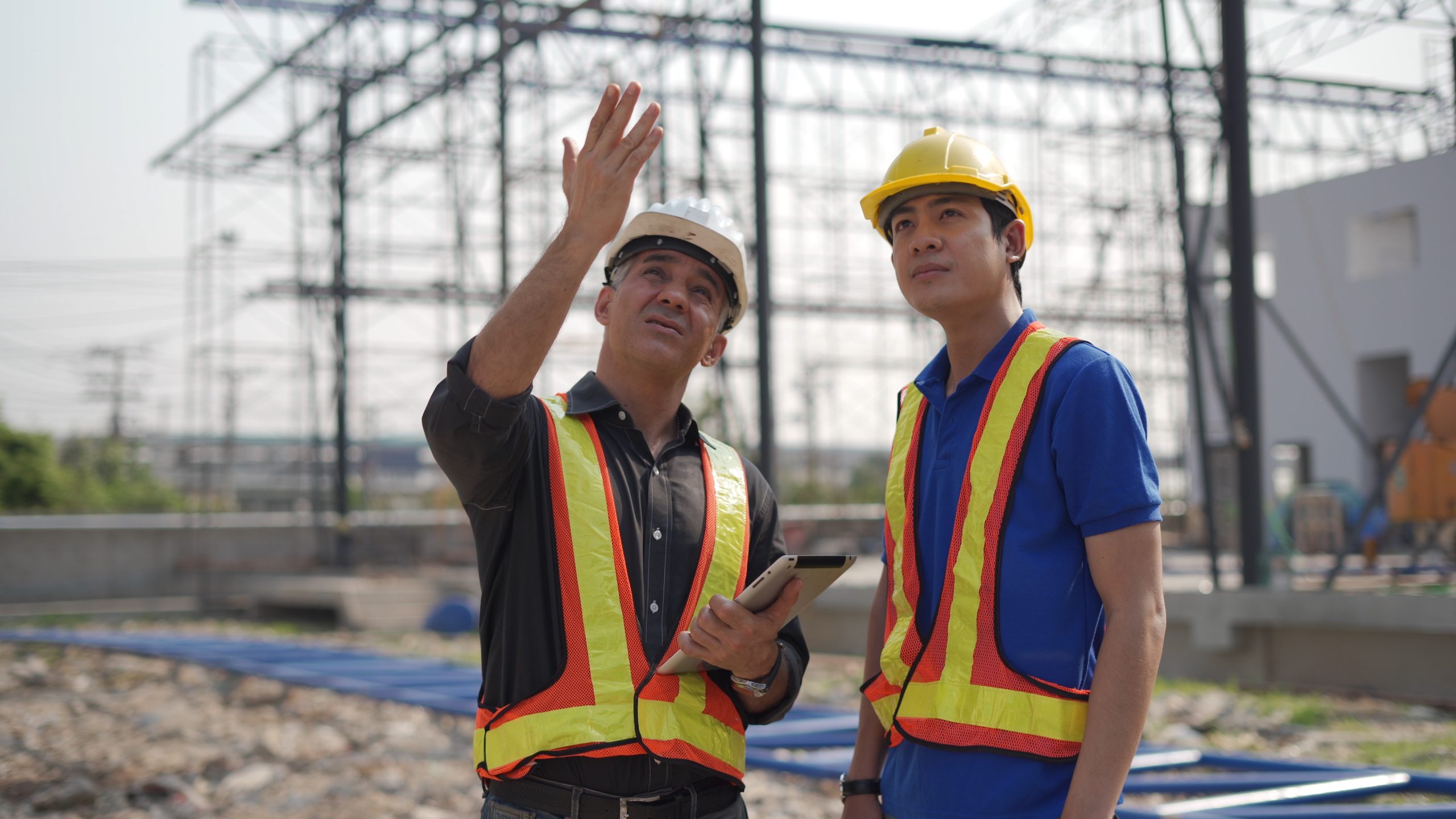
Keeping construction workers safe – the first 90 days
How to ensure your new employees understand your safety culture and stick to it!
Construction Incident and Injury-Free™ (IIF™) Safety Safety Transformation

Safety leadership: How to achieve new levels of safety performance
"Safety leadership is a set of skills, awareness and capabilities that can, and need to be developed and applied (in tandem with safety management) to achieve new levels of safety performance."
Construction Energy Infrastructure Manufacturing Technology Safety Safety Transformation

Is safety over-managed and under-led?
"Correcting bad behavior – trying to fix people – will not lead to sustained safety performance improvement. We need to give the time, energy and thinking to safety leadership that we give to safety management."
Construction Energy Infrastructure Manufacturing Technology Safety Safety Transformation

Keeping workers safe – the first 90 days
Three top tips to ensure new employees understand your safety culture and stick to it!
Construction Energy Infrastructure Manufacturing Technology Safety Safety Transformation

Renewable energy: Learning from the safety lessons of other industries
Larry Pearlman, Managing Director - Americas Market Leader at JMJ, discusses renewable energy’s steep safety learning curve. What are the challenges the industry faces? What valuable lessons can it learn from other industries? What 10 steps can leaders take now to create the foundations for a safety culture?
Energy Performance Performance Transformation Safety Safety Transformation
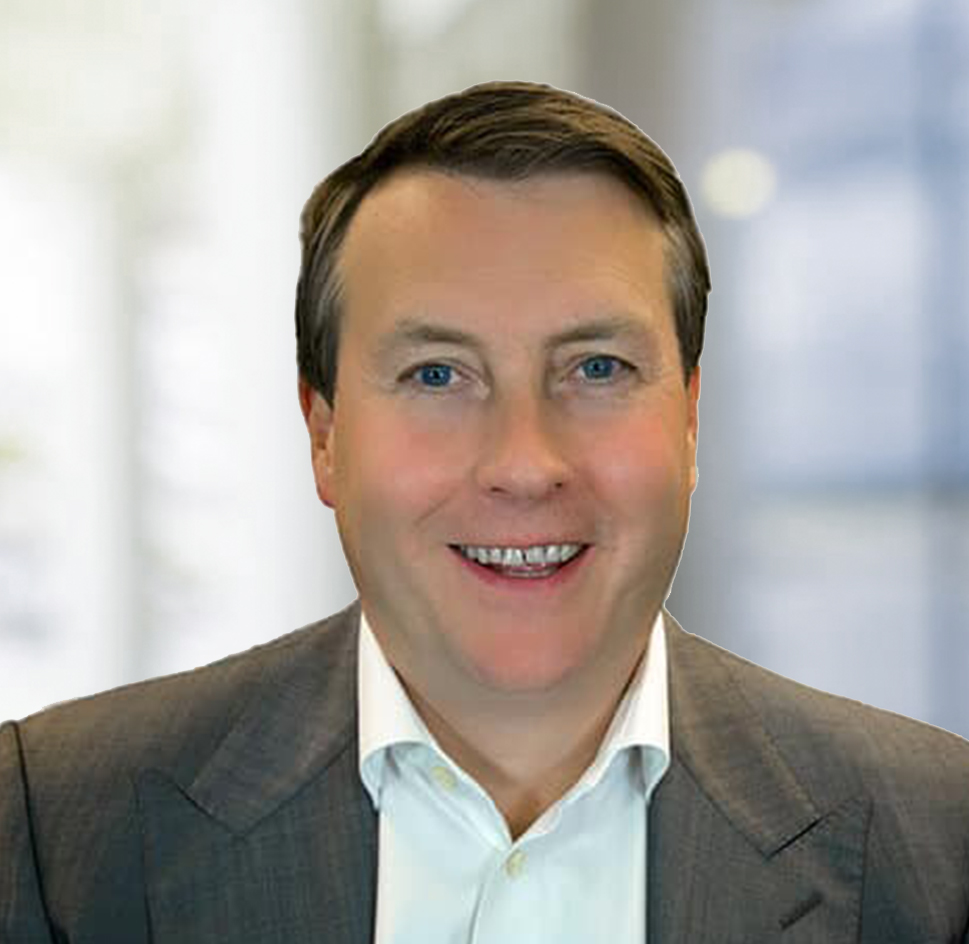
Ten ways safety leaders can create a more psychologically safe workplace
Mark Britton, Chief Operating Officer - Global Consulting, at JMJ explores the steps leadership can take to ensure people speak up about their safety concerns.
Construction Energy Infrastructure Manufacturing Technology Performance Performance Transformation Safety Safety Transformation

Why our evolutionary instincts sometimes run counter to safety best practices
The imperatives that are hardwired into human DNA can put us at odds with the requirements of an organizational safety culture.
Construction Energy Infrastructure Manufacturing Technology Safety Safety Transformation
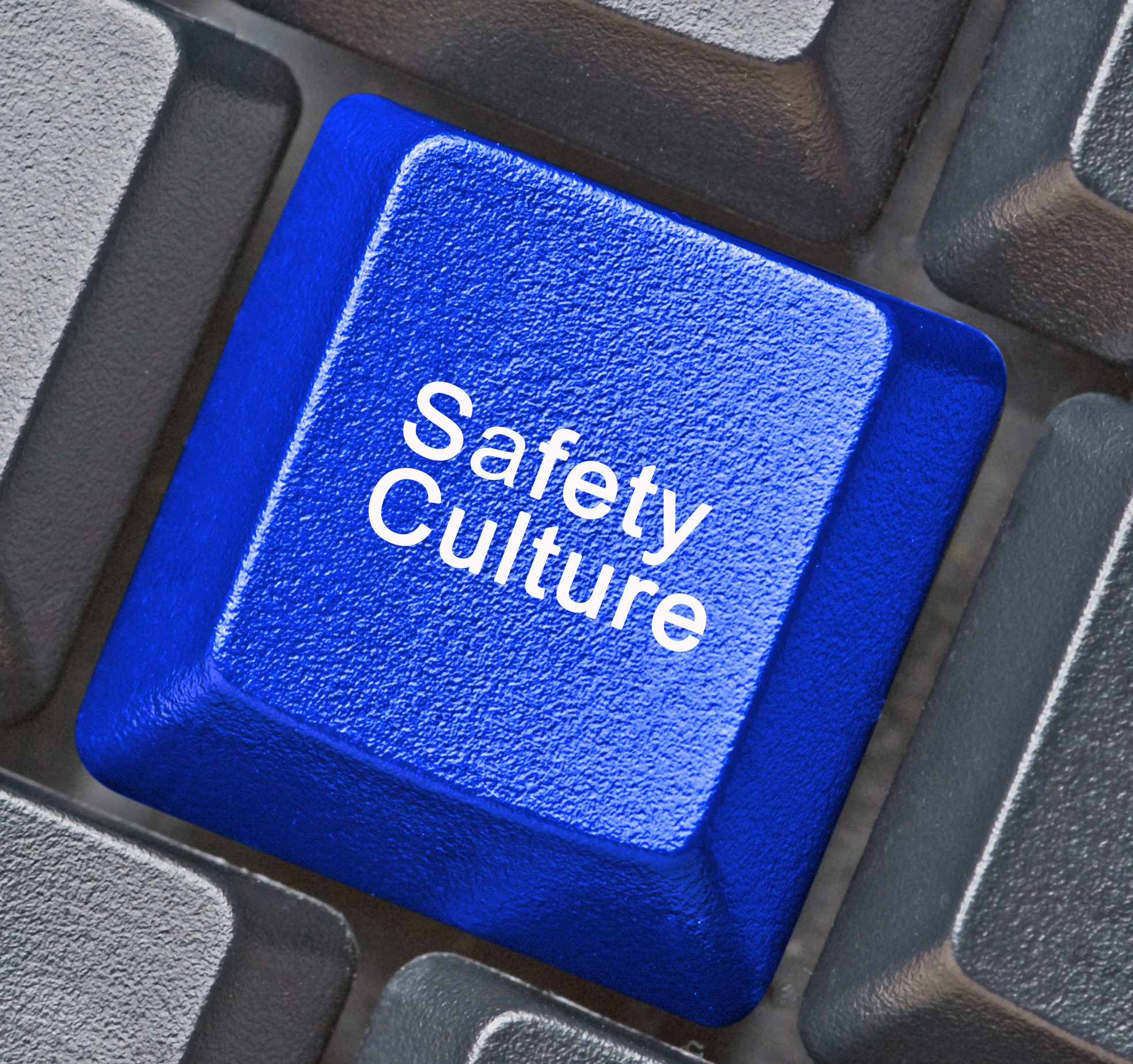
Why ‘rules first’ won’t improve your plant or site safety performance
A foundation of rules isn't the way to build a thoughtful, caring safety culture.
Construction Energy Infrastructure Manufacturing Technology Safety Safety Transformation

Does your corporate environment foster interest in, and commitment to, corporate sustainability?
What works for one company will not necessarily work for another. Discovering what works for a particular company must a be a priority for leaders now and for the next years and decades.
Construction Energy Infrastructure Manufacturing Technology Sustainability Sustainability Transformation
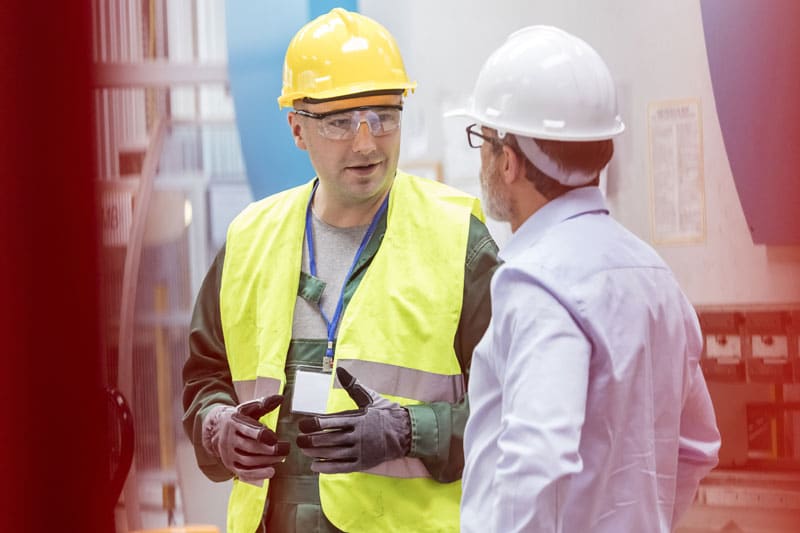
Ten cardinal rules for line managers
Many organizations have spent considerable time and effort developing ‘golden safety rules’ for their workforce to follow. But what about managers? What ‘rules’ do they apply to their own behaviors? What can employees expect from them?
Construction Energy Infrastructure Manufacturing Technology Safety Safety Transformation

Leaders must lead, but every employee has a role in the fulfillment of a corporate sustainability strategy
Study from JMJ and Bennett Institute for Public Policy, University of Cambridge looks at which corporate environments foster a commitment to sustainability.
Construction Energy Infrastructure Manufacturing Technology Sustainability Sustainability Transformation

Senior leaders believe sustainability is critical to their organization’s survival
Research by JMJ and Bennett Institute for Public Policy, University of Cambridge reveals common issues and concerns, as well as areas of difference, in how organizations view sustainability.
Construction Energy Infrastructure Manufacturing Technology Sustainability Sustainability Transformation

New study identifies leadership and culture as catalysts for successful corporate sustainability
New research from JMJ and the Bennett Institute for Public Policy, University of Cambridge, explores corporate sustainability from a leadership and culture perspective.
Construction Energy Infrastructure Manufacturing Technology Sustainability Sustainability Transformation

Implementing an Incident and Injury-Free™ (IIF™) safety culture on a major capital project
Four golden opportunities provided by implementing Incident and Injury-Free safety into the Front-End Engineering Design phase of a major capital project.
Construction Energy Infrastructure Manufacturing Technology High-Performance Projects™ Incident and Injury-Free™ (IIF™) Performance Performance Transformation Safety Safety Transformation
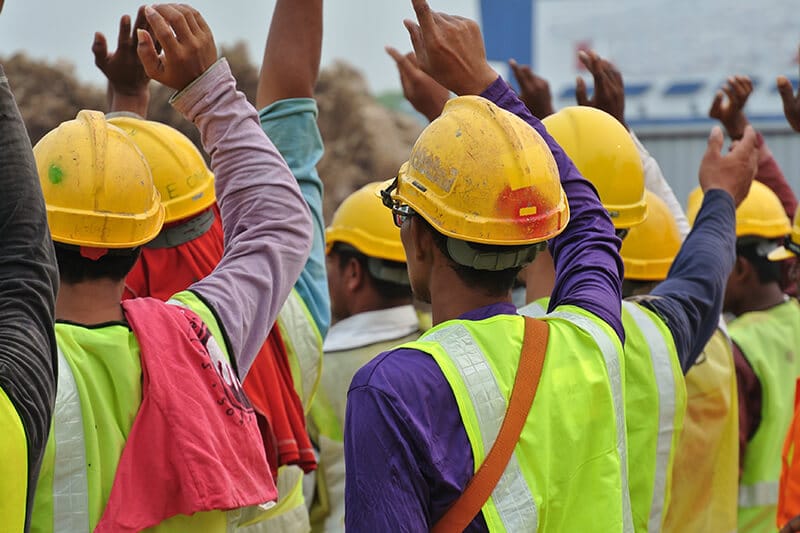
Five steps to achieving high performance on your major capital projects
Recommended steps to improve performance and meet success criteria on time and on budget.
Construction Energy Infrastructure Manufacturing Technology High-Performance Projects™ Incident and Injury-Free™ (IIF™) Performance Performance Transformation Safety Safety Transformation

Inclusion part 3: Challenges and opportunities of leading virtually
This third blog on the topic of an inclusive safety culture looks at the guiding principles for becoming an inclusive leader in the virtual world.
Construction Energy Infrastructure Manufacturing Technology Performance Performance Transformation Safety Safety Transformation

Inclusion part 2: Effective virtual communication in an inclusive culture
Practical advice for leaders navigating the challenges of inclusion and diversity in the virtual working world.
Construction Energy Infrastructure Manufacturing Performance Performance Transformation Safety Safety Transformation

Developing a safety and leadership culture in major capital projects
JMJ interviewed David Wilson, a leader in the energy industry about the impact a safe and productive culture has on workers' health and well-being.
Performance Performance Transformation Safety Safety Transformation

Inclusion part 1: Driving an inclusive culture in the virtual workplace
Being inclusive can be difficult under any circumstances, it’s even harder when people aren’t in the same room, can’t read each other’s body language, are stressed and may not be communicating and leading as well as usual.

Three essential elements to major capital project success
The ever-increasing complexity of today’s major capital projects requires a new era of project leaders. The complex, long term mega-project, requires leaders to focus on the desired outcome holistically.
Construction Energy Infrastructure Manufacturing Technology High-Performance Projects™ Performance Safety Transformation

10 proven steps to effective virtual communication
JMJ's golden rules to avoid the pitfalls and become a master of the art of online communication.

What has the foundational power to change the construction industry?
What one word costs nothing yet in its absence can cost us everything, and has the foundational power to transform the construction industry?
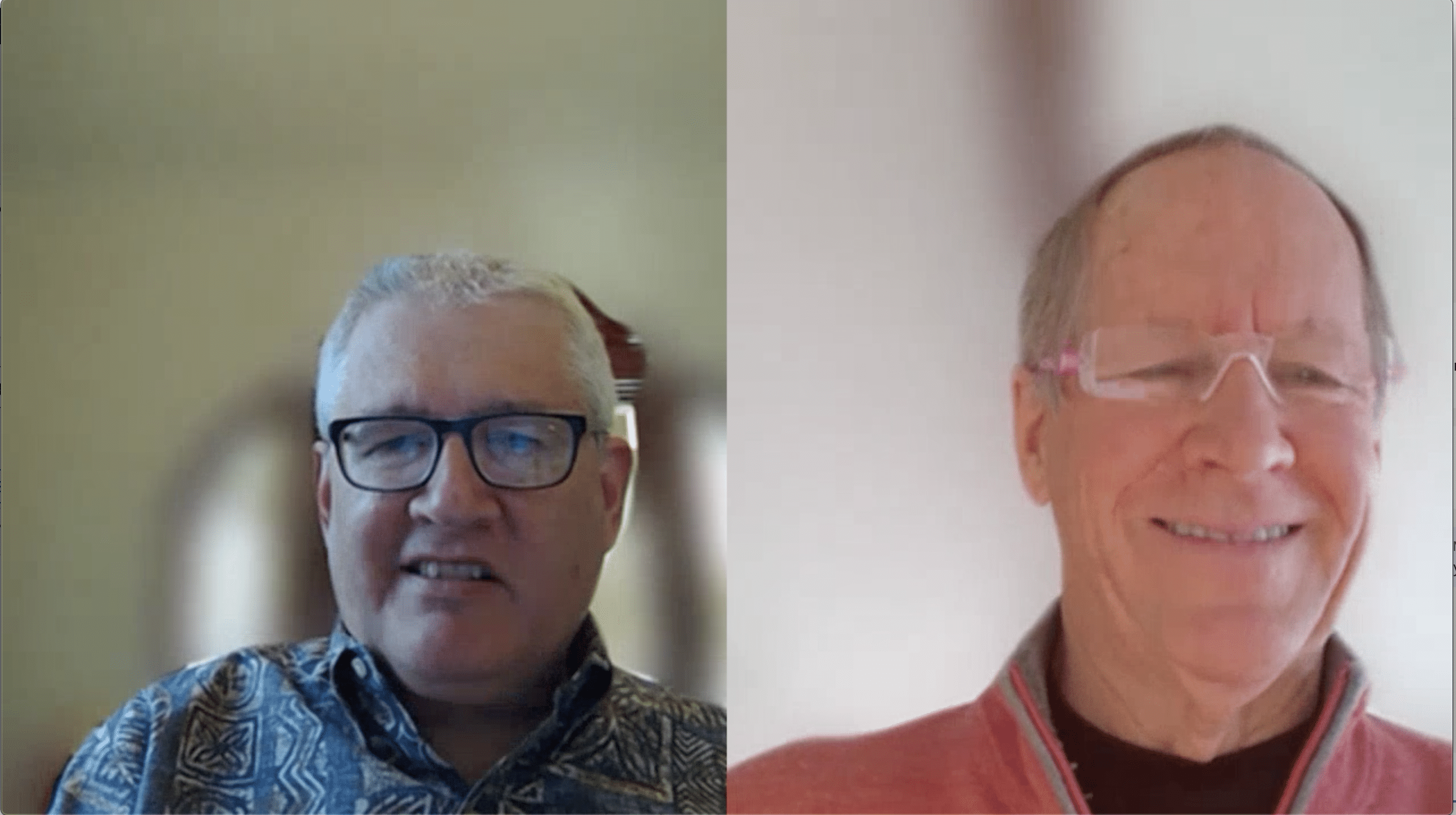
A conversation with Dana Davis, President of Teichert Materials a construction company
Michael Huvane, JMJ Master Consultant, and, Dana Davis, President of Teichert Materials, a US-based construction materials company explore the relationship between a strong culture of safety and operational effectiveness.
Construction Performance Performance Transformation Safety Safety Transformation

It’s a new game
It's difficult to remain focused, positive and engaged when the rules are constantly changing but don't let disruption derail you.

Keeping the water hot when the tap is on: How to be present in the here and now
JMJ practices what is known as a check-in at the start of a meeting. This is the act of inviting another to share and to clear what’s on their mind, so that they might be present for the discussion.

Life of a leader during COVID-19
JMJ’s Master Consultant Gill Kernick asks Tamsin Lishman, Asset Director at Northumbrian Water Group (NWG) how they are adapting leadership practices to ensure the safety of their workers.

Leading with attention
JMJ Managing Consultant Camille Ford shares how learning to overcome the many challenges of lockdown helped her become a better coach to her clients and a better mother/teacher to her kids.
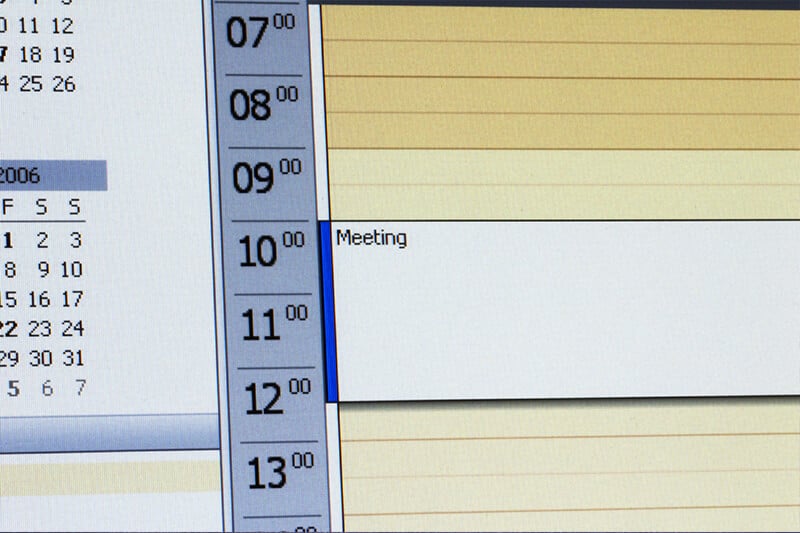
The parable of the virtual worker, the back-to-back meetings, and the mountain of incompletions
Shifting to the intentional creates space for surprise and productivity.

COVID-19: More principles for successful remote work
Virtual working is the new normal and comes with a whole host of new challenges as we isolate and find ways to manage our lives.

Covid-19: Five principles for managers leading remotely, and the first one is ‘there are no rules!’
These five principles provide a helpful game plan for you and your team to stay engaged and connected while working virtually.
Construction Energy Infrastructure Manufacturing Technology Performance Safety

From interruption to disruption
As we become accustomed to new ways of operating in response to COVID-19, leaders must discover how to navigate this extended period of continuous disruption and rapid change.
Construction Energy Infrastructure Manufacturing Technology Performance Safety

What Helmuth von Moltke the Elder taught me about being a parent and a leader during the Coronavirus pandemic
Camille Ford, JMJ Managing Consultant, shares some of her personal and professional lessons learned during the COVID-19 pandemic.
Performance Performance Transformation Safety Safety Transformation

Rather than social distancing, let’s call it physical distancing
How do we stay connected personally and professionally in a time of physical separation?
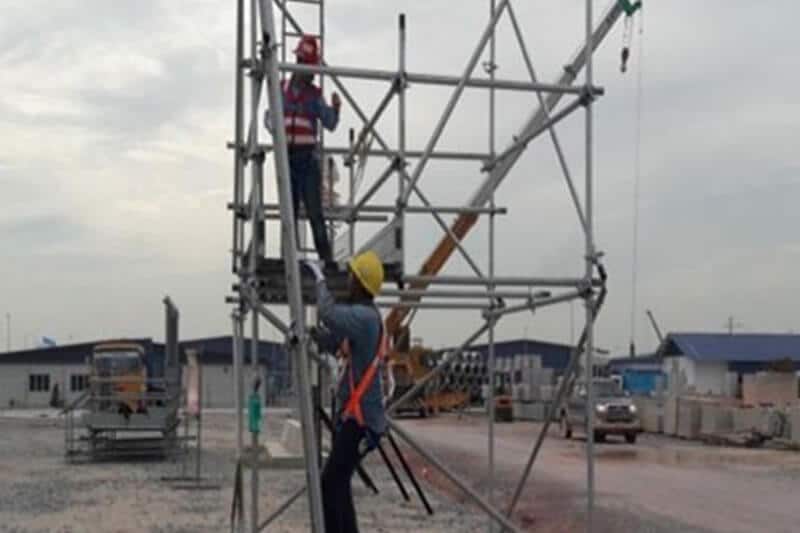
Scaffold or gallows?
Sustained high performance is achieved by whole-hearted engagement, commitment to improvement, and demonstrated encouragement, reinforcement and empowerment of our people and teams.
Construction Infrastructure High-Performance Projects™ Performance Performance Transformation Safety Safety Transformation

We’ll cascade it down to the front line …
If your company initiatives don’t work, or only partially succeed, your leadership approach may need to be overhauled to include the people most affected by organizational change.
Construction Energy Infrastructure Manufacturing Technology High-Performance Projects™ Performance Performance Transformation Safety Safety Transformation
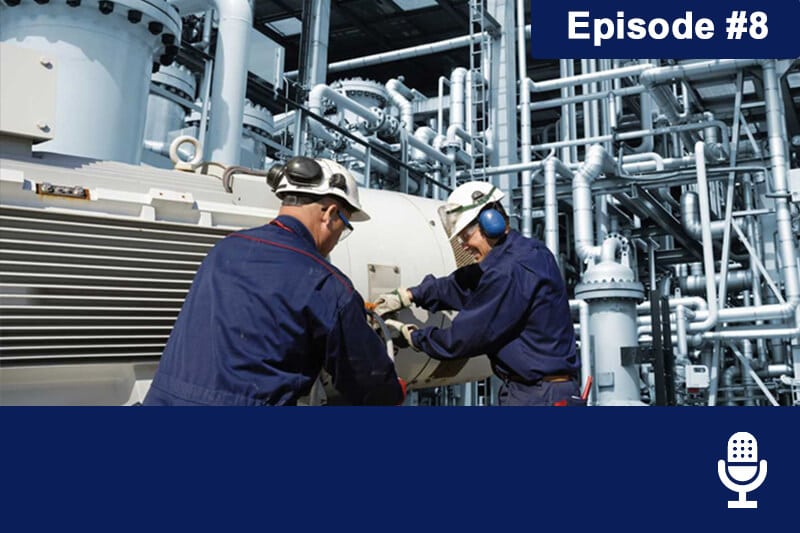
Plant turn around management: Managing turnarounds, shutdowns, and outage
Looking for help with your Turnaround? You’ll love this episode of JMJ’s Safety Talks. Frank Engli is a mechanical engineer by training with over 37 years of experience operating shutdowns, turnarounds, and outages. He is currently the Projects, Maintenance and Turnaround Manager at Shell Canada's Sarnia Manufacturing Center. In this engaging conversation with JMJ safety consultant Vikki Sanders, Frank discusses what he learned about safety leadership and the one piece of advice he would give someone who is managing a turnaround for the first time? Frank recalls successfully teaming up with JMJ to create a safety culture based on “crafting a caring and collaborative approach at the construction site.

Daewoo E&C Achieves Project Success by Creating a Strong Safety Culture on a Major Rail Project
Strong leadership and commitment enabled Daewoo Engineering and Construction (Daewoo E&C) to create a strong safety culture influencing project performance, quality and cost.

